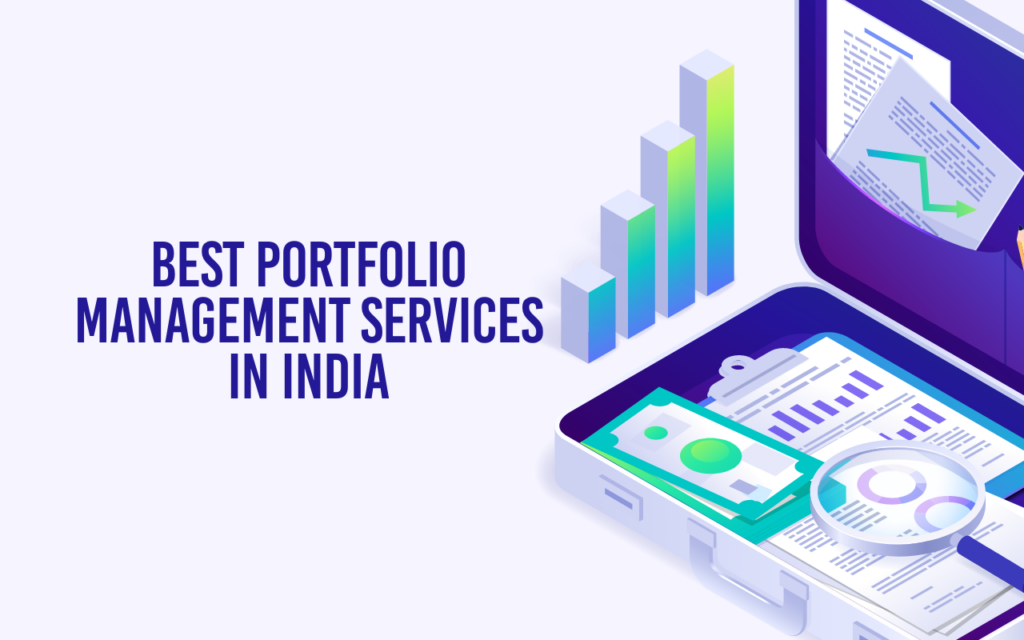Let Your Money Earn
- info@finoda.in
- +91 9035 29 4343
Portfolio management is the art, science of selecting and overseeing a group of investments, which meet the long-term financial objectives and risk tolerance of a client, a company or an institution.
Some individuals do their own investment portfolio management. That requires a basic understanding of the key elements of portfolio building and maintenance that make for success, including asset allocation, diversification and rebalancing.
Professional licensed portfolio managers work on behalf of clients, while individuals may choose to build and manage their own portfolios. In either case the portfolio manager’s ultimate goal is to maximize the investments expected return within an appropriate level of risk exposure.


Portfolio management may be either passive or active.
Passive management is the set-it-and-forget-it long-term strategy. It may involve investing in one or more exchange-traded (ETF) index funds. This is commonly referred to as indexing or index investing. Those who build indexed portfolios may use modern portfolio theory (MPT) to help them optimize the mix.
Active management involves attempting to beat the performance of an index by actively buying and selling individual stocks and other assets. closed-end funds are generally actively managed. Active managers may use any of a wide range of quantitative or qualitative models to aid in their evaluations of potential investments.